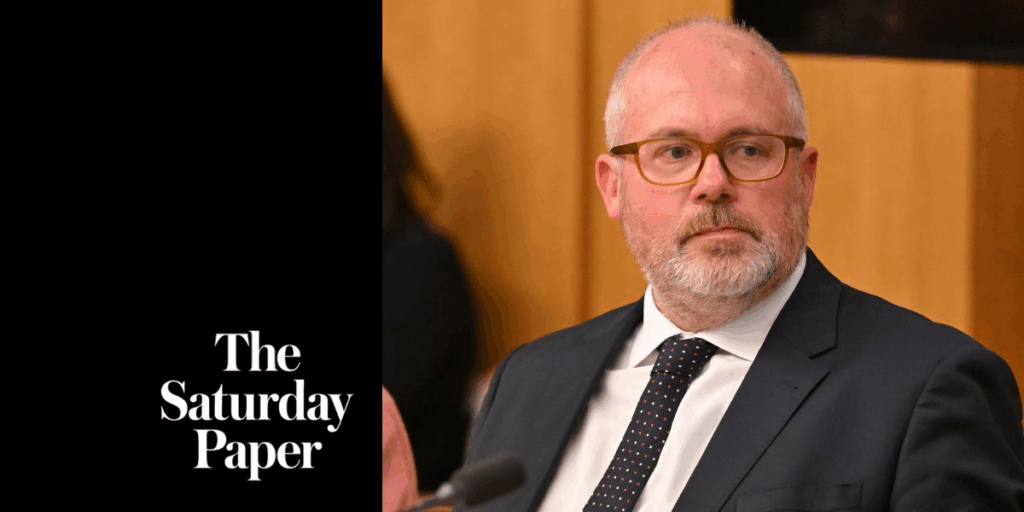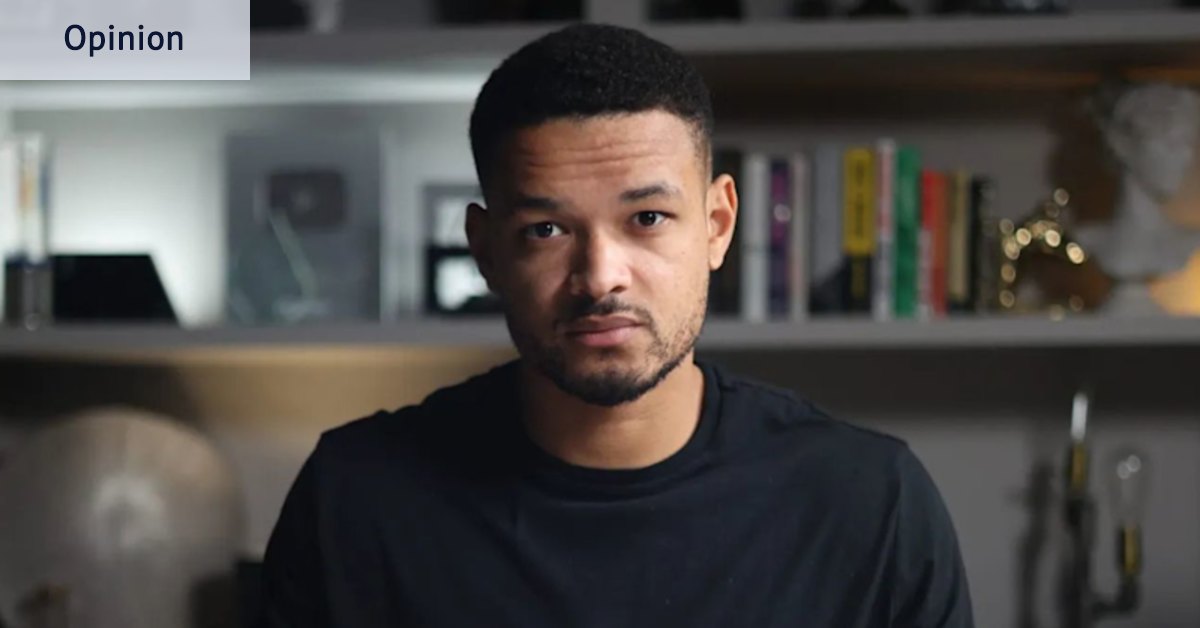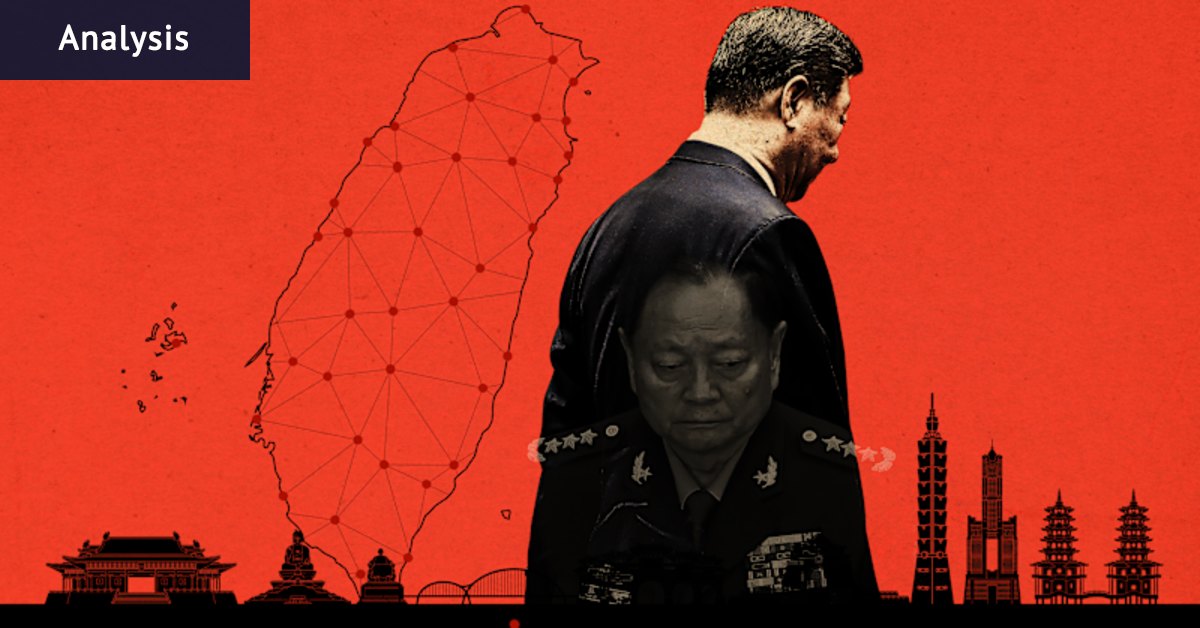
Tim Ayres, Australia’s Minister for Industry and Innovation, is facing increasing pressure to implement comprehensive laws addressing the potential risks of artificial intelligence (AI). Despite calls from artists and unions for a unified legal framework to protect intellectual property and jobs, Ayres remains resistant, favoring a pragmatic approach to regulation.
In a recent interview with The Saturday Paper, Ayres emphasized the need for Australia to remain a competitive destination for AI investment. He argued that existing administrative tools are sufficient to manage the downsides of AI, a stance that marks a departure from his predecessor Ed Husic’s approach. “We’ve just got to be pragmatic about all of this,” Ayres stated, highlighting a deregulatory theme gaining traction in Canberra.
Shifting Perspectives on AI Regulation
Ayres’ position contrasts with that of former Industry Minister Ed Husic, who advocated for comprehensive AI legislation. Husic viewed AI as a complex policy challenge requiring a stable, unified regulatory framework. “Governments are notoriously bad at shaping laws to account for the impact of technology,” Husic told The Saturday Paper. He argued for an AI act to address legal gaps and ensure future-proof regulations.
Husic’s proposal included updating current legislation and potentially introducing an Australian AI act. Despite stepping down as minister, he continues to push for these measures, warning against relying on self-regulation, which he believes has failed in the past.
Concerns from Creative Industries and Unions
Artists and creative groups express fears that AI could jeopardize their livelihoods, with their works being used without consent. Meanwhile, unions are concerned about large-scale job displacement as AI adoption grows. The Media, Entertainment and Arts Alliance considers AI an existential threat and urges the government to pursue an economy-wide AI act.
Erin Madeley, the union’s chief executive, emphasized the need for enhanced copyright protections. “The existing copyright just simply doesn’t deal with the complexity of tech, tools, training, the data to be used,” she stated.
Economic Implications and Government Strategy
Economic forecasts suggest that loosening AI regulations could contribute significantly to Australia’s growth. The Productivity Commission estimates a potential $116 billion boost over the next decade. Treasurer Jim Chalmers advocates for a “responsible middle path” between regulation and innovation, as revealed in leaked Treasury advice.
However, concerns persist about AI’s misuse, including scams, deepfakes, and discrimination by AI recruitment tools. Human Rights Commissioner Lorraine Finlay has called for an AI act to monitor potential biases, highlighting the technology’s impact on marginalized groups.
Future Directions and Legislative Challenges
As the debate continues, Ayres insists on a careful, considered approach to AI regulation. “I’m leaning into the opportunities and the strategy for Australia first,” he stated, emphasizing the importance of seizing AI’s potential benefits while managing risks.
Independent ACT Senator David Pocock warns of the impending challenges posed by artificial general intelligence (AGI). He advocates for an overarching AI act, cautioning against the potential redundancy of human roles as AI capabilities advance.
Attorney-General Michelle Rowland is exploring changes to copyright laws to protect Australian content creators, though Ayres has ruled out legislative changes to the Copyright Act. The Coalition criticizes the government’s lack of clarity on AI regulation, urging decisive action to provide certainty for Australian families and industries.
As discussions unfold, Ayres remains focused on communicating the government’s approach to AI, balancing innovation with regulation. “We’ll work through it in a careful, orderly way,” he assured, emphasizing the importance of engaging with both the tech sector and the broader community.







